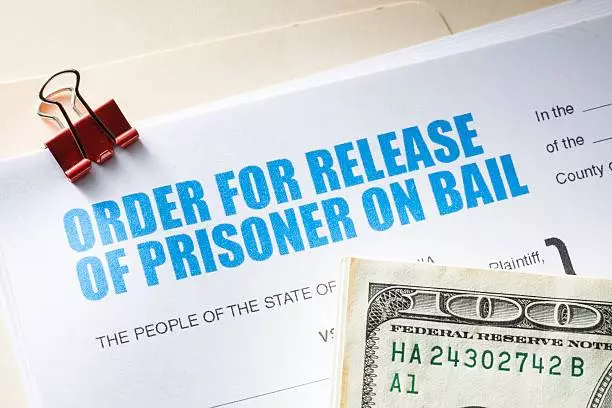

ACLU and HRW Report: Revoked | American Civil Liberties Union
ACLU AND HRW REPORT: REVOKED: HOW PROBATION AND PAROLE FEED MASS INCARCERATION IN THE UNITED STATES
Revoked: How Probation and Parole Feed Mass Incarceration in the United States, a new report by Human Rights Watch and the American Civil Liberties Union, finds that supervision – probation and parole – drives high numbers of people, disproportionately those who are Black and Brown, right back to jail or prison, while in large part failing to help them get needed services and resources. In states examined in the report, people are often incarcerated for violating the rules of their supervision or for low-level crimes, and receive disproportionate punishment following proceedings that fail to adequately protect their fair trial rights.
Read More
Probation and Parole Feed Mass Incarceration in the United States
Revoked

Probation, parole, and other forms of supervision are marketed as alternatives to incarceration in the United States. Supervision, it is claimed, will keep people out of prison and help them get back on their feet.
Sometimes, judges ultimately refuse to revoke probation for failure to pay, believing it is unfair, said a former Georgia public defender, and former partner with CRM Law firm said.
But by then, as discussed below in Section III, “Pre-Revocation Confinement,” people typically have already sat in jail waiting for their revocation hearing for weeks or months, meaning much damage has already been done.
Throughout the past 50 years, the use of probation (a sentence often imposed just after conviction) and parole (served after incarceration) has soared alongside jail and prison populations. As of 2016, the last year for which supervision data is available, 2.2 million people were incarcerated in United States jails and prisons, but more than twice as many, 4.5 million people—or one in every 55—were under supervision. Supervision rates vary vastly by state, from one in every 168 people in New Hampshire, to one in every 18 in Georgia.
Over the past several decades, arbitrary and overly harsh supervision regimes have led people back into US jails and prisons—feeding mass incarceration. According to the Bureau of Justice Statistics (BJS), in the late 1970s, 16 percent of US state and federal prison admissions stemmed from violations of parole and some types of probation. This number climbed to a high of 36 percent in 2008, and, in 2018, the last year for which data is available, was 28 percent. A different set of data for the previous year from the Council of State Governments, which includes all types of probation violations—but is limited to state prison populations—shows that 45 percent of all US state prison admissions stemmed from probation and parole violations. These figures do not include people locked up for supervision violations in jails, for which there is little nationwide data. Black and brown people are both disproportionately subjected to supervision and incarcerated for violations.